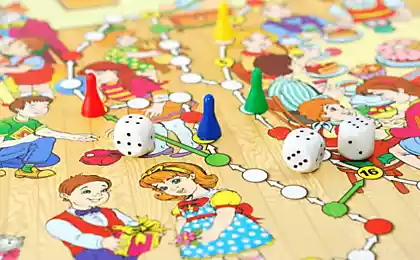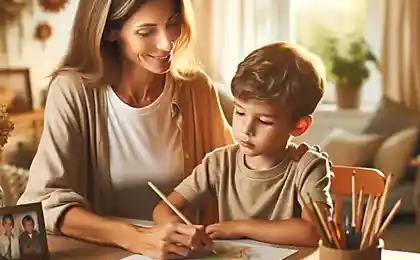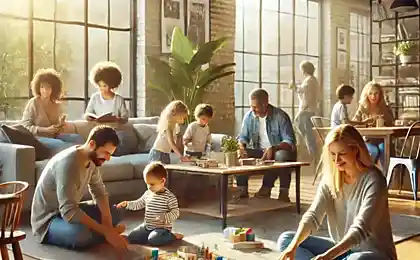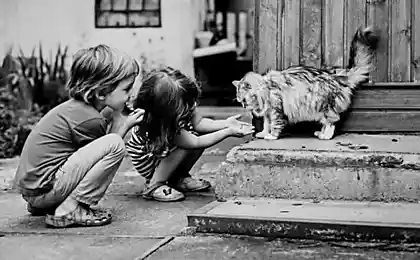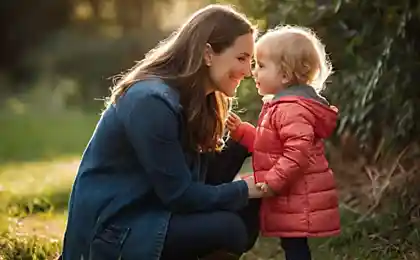303
How to teach a child politeness

All parents dream that their children will grow up polite, kind and educated people. Politeness isn’t just about saying “please” and “thank you.” This is an important component of socialization, which helps children to establish relationships with others, build trusting and respectful relationships in the future. But how do you teach a child politeness, especially in today’s world, where more direct and frank ways of communicating are often valued?
Environmental parenting: politeness as a basis for communication
Environmental parenting is an approach that is based on respect and attention to the needs of the child. In this context, politeness becomes not just a task of education, but an important part of the formation of a harmonious, understanding and self-respecting person. It is important to remember that a child not only learns from what parents say, but also from what they do.
When parents show politeness and respect in everyday life, they show the child how to behave in different situations. Environmental parenting suggests that we raise children not through punishment, but through the understanding, support and example we give. Politeness is the result of this approach, which is rooted in the family from an early age.
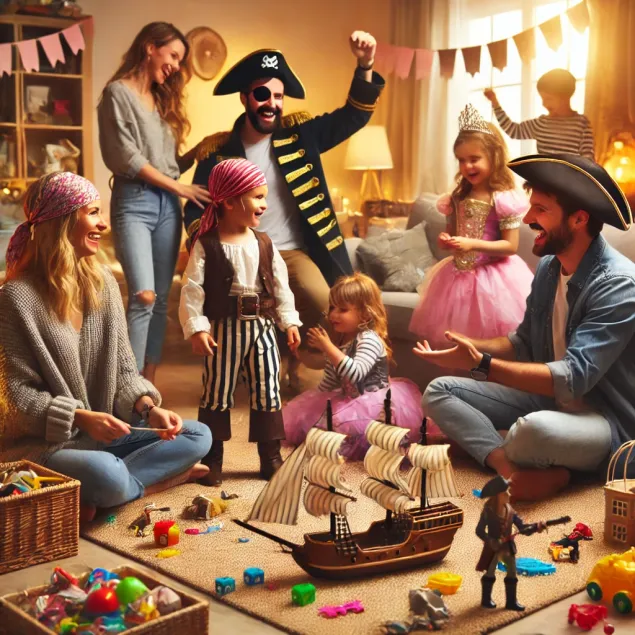
Practical steps: how to teach a child politeness
Training politeness is not a one-step process, but a series of constant steps. For your child to become polite and well-mannered, you need to combine mindful behavior with learning in the form of games and examples.
1. Be an example.
Children learn the most important life lessons by watching their parents. If you want your child to be polite, show them how to do it. Say “please,” “thank you,” “sorry,” and learn from an early age. Remember that actions are more important than words. If you show respect for others, your child will see it and try to repeat it after you.
2. Learn through repetition
Young children learn polite phrases through repetition. For example, ask your child to say “please” before they ask you for something, or “thank you” after they receive something. Regular reminders are an important way to consolidate good habits.
3. Explain the meaning of politeness
Explain to your child why it is important to be polite. For example, you might say that the word “please” helps people feel more comfortable, and “thank you” expresses gratitude for help. It is important that the child understands that politeness is not just a set of words, but a way to show respect for others.
4. Praise the success.
When a child is polite, be sure to praise him. Positive feedback strengthens the habit. The more you emphasize success, the sooner politeness will become a natural part of communication for your child.
5. Create situations for practice
With children, it is useful to arrange role-playing games in which they can practice polite phrases and actions. For example, act out scenes where a child must politely ask for something from toys or from you. Thus, the child will learn new forms of behavior in a playful and relaxed form.
Psychological aspects of politeness
In addition to helping us build good relationships with others, politeness also plays an important role in the development of the child. Politeness promotes empathy, self-control and social adaptation. A child who knows how to respect others feels more confident in society. Politeness helps him to find a common language with others, which in the future contributes to his successful socialization and communication.
When politeness becomes a habit
Children learn politeness not only through repetition, but also through perceiving it as a natural part of their lives. It is important to remember that civility education is not a temporary task, but a process that continues into adulthood. Politeness is not just a set of phrases, but a whole system of norms and values that helps a child build positive relationships with others.
Conclusion
Teaching a child politeness is not a difficult task if you approach it with love and patience. Environmental parenting involves respect and attention to the needs of the child, and politeness becomes an integral part of this process. When parents set an example for their children, they create a solid foundation for raising polite and confident people who will respect others and easily find a common language with others.
Why do people rejoice at the failures of others?
15 Behaviours You Follow Because You're Not Happy With Your Relationship








